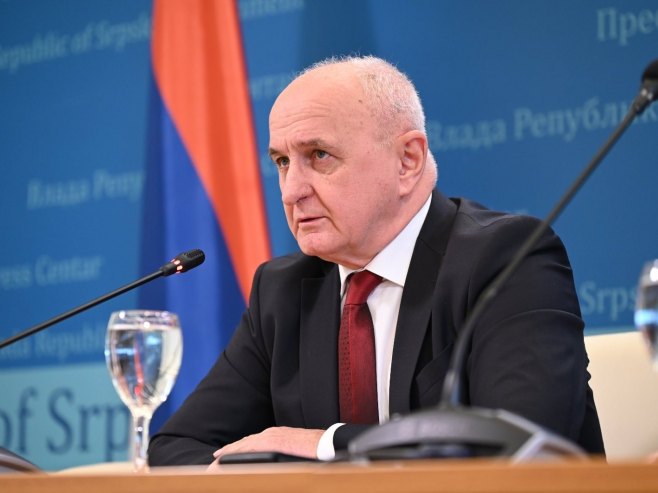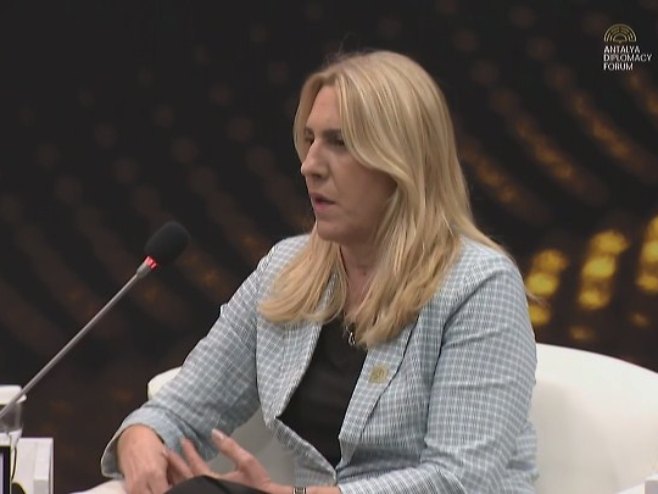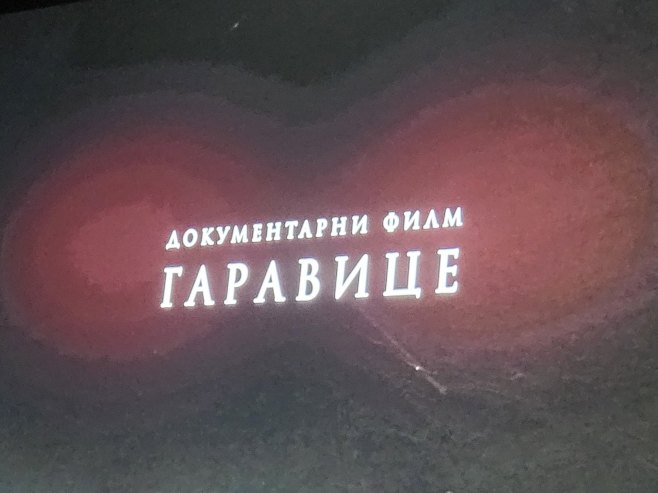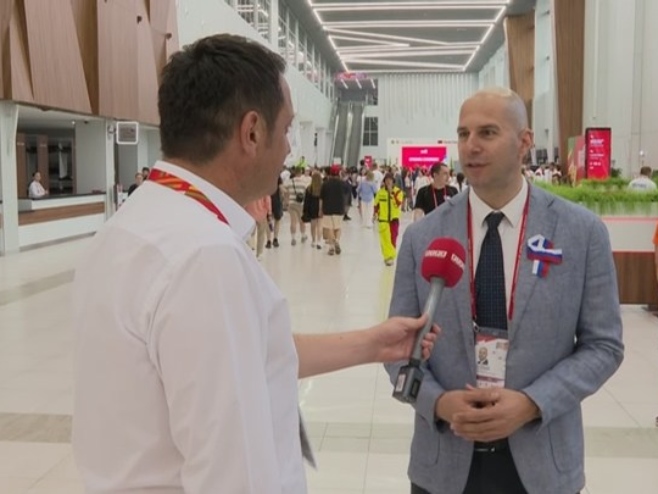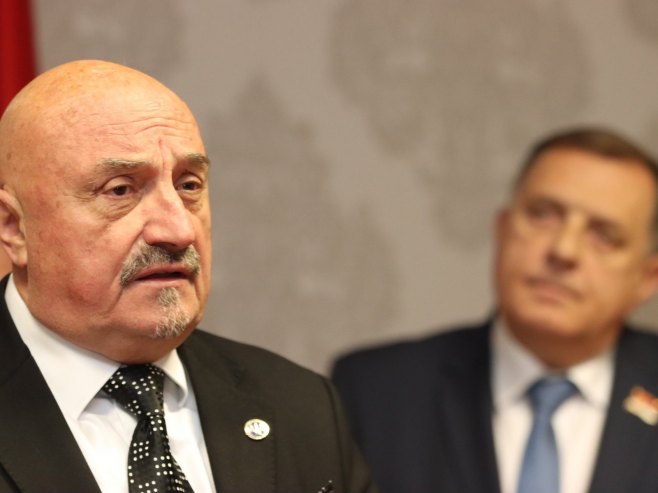A memorial academy and a memorial service will be held on Sunday, August 3, at the Cathedral of the Resurrection of Christ in Chicago, in honor of the Serbs killed in the criminal Croatian military operations in Western Slavonia and Krajina in 1995.
The commemoration is organized by the Krajina Serb associations from Chicago, “Prelo” and the Assembly of Krajina Serbs.
After the memorial service, which will be led by His Grace Bishop Serafim of Kostajnica, a remembrance academy will take place in the church hall of the Cathedral in Chicago. Survivors will speak at the event, including those known as the “children from the convoys.”
Historian Milan Gulić from the Institute of Contemporary History in Belgrade will speak about the historical aspects of the ethnic cleansing of Serbs from Croatia.
Documentary films will be shown, including Petrovačka cesta produced by Radio Television of Serbia and Who Classifies Civilian Victims produced by Vida TV of the Serb National Council from Zagreb.
An exhibition of photographs and documents will also be presented during the commemoration, and testimonies recorded from survivors will be read by actors from Serb theaters in Chicago.
In the Croatian military operation “Bljesak” (“Flash”), carried out on May 1 and 2, 1995, against the Serbs in Western Slavonia, 283 people were killed or went missing—40 percent of them civilians, including 57 women and 12 children. Around 15,000 Serbs were expelled.
On May 1, 1995, Croatian armed forces launched an assault under the code name “Bljesak” involving 16,000 soldiers against the Serb region of Western Slavonia, which was part of the Republic of Serb Krajina (RSK), at a time when the area was under UN protection. At the time, there were about 15,000 residents and 4,000 soldiers in the area, whom the UN left at the mercy of the aggressors.
The criminal operation “Oluja” (“Storm”) began on August 4, 1995, with an offensive by the Croatian army and police, as well as HVO units, targeting the areas of Banija, Lika, Kordun, and northern Dalmatia.
The following day, August 5, the Croatian army entered the almost deserted town of Knin and raised the Croatian flag, while columns of refugees crossed through Serb territories in Bosnia and Herzegovina on their way to Serbia.
According to Veritas, during Operation “Oluja,” over 220,000 Serbs were expelled. The organization has recorded the names of 1,893 Serbs killed or missing during and after the operation, of whom 1,236 were civilians—about 65 percent. Approximately three-quarters of those killed were over 60 years old.
In its February 2015 ruling, the International Court of Justice qualified “Oluja” as ethnic cleansing, though not as genocide, despite the fact that global experts in the field assert that the operation bore all the hallmarks of genocide.
Source: Glas Srpske

